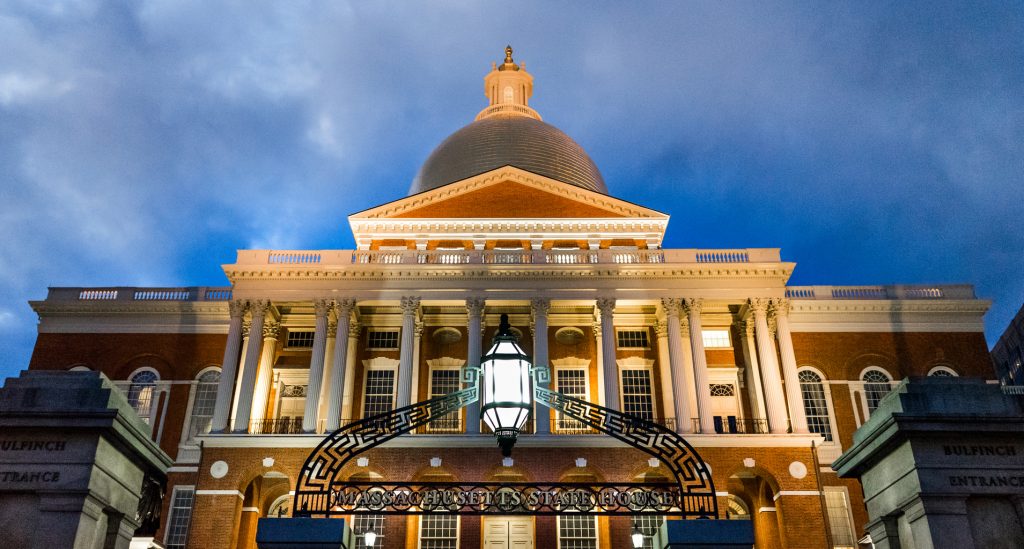
Photo by William Zhang
Boston– Last week, state lawmakers sent a letter to Governor Charlie Baker, urging him to assist residents at risk from a federal funding shortfall in the Low-Income Home Energy Assistance Program (LIHEAP), which serves 160,000 households in the commonwealth.
More than 70 House and Senate members, including Representative Rich Haggerty (D-Woburn) and Representative Michelle Ciccolo (D-Lexington), requested a $30 million appropriation meant to shore up shortages in heating fuel access. They say that most of the nearly 48,000 supported households that rely on oil heat have exhausted their fuel assistance benefit, and all will have exhausted it by the end of January, leaving them in a perilous position for the rest of the winter.
“Gaining the funding quickly to protect individuals and their families affected by this shortfall should be a priority,” said Representative Haggerty. “It’s important we support the seniors, families, and residents who rely on this assistance to stay warm.”
The Low Income Home Energy Assistance Program (LIHEAP) provides eligible households with help in paying a portion of winter heating bills. Eligibility, based on household size and the annual income of every adult household member, provides assistance for electric and gas utility bills and other heat sources including oil and propane.
“As winter descends in full force, keeping our families and neighbors warm and safe is our responsibility and imperative as a commonwealth,” said Representative Ciccolo. “For that reason, I joined several of my colleagues in urging Governor Baker to commit to funding the program at a level that will keep the most vulnerable among us from having to choose between heat, food, or medicine.”
The fuel assistance program, administered by the state Department of Housing and Community Development and carried out by community action agencies and other community groups, has had an increase in applicants of over 20 percent from last year.
The lawmakers, hopeful for a swift resolution, note that there has been significant cooperation between the branches over the past three decades in responding to limited federal funding and extreme winter weather conditions
